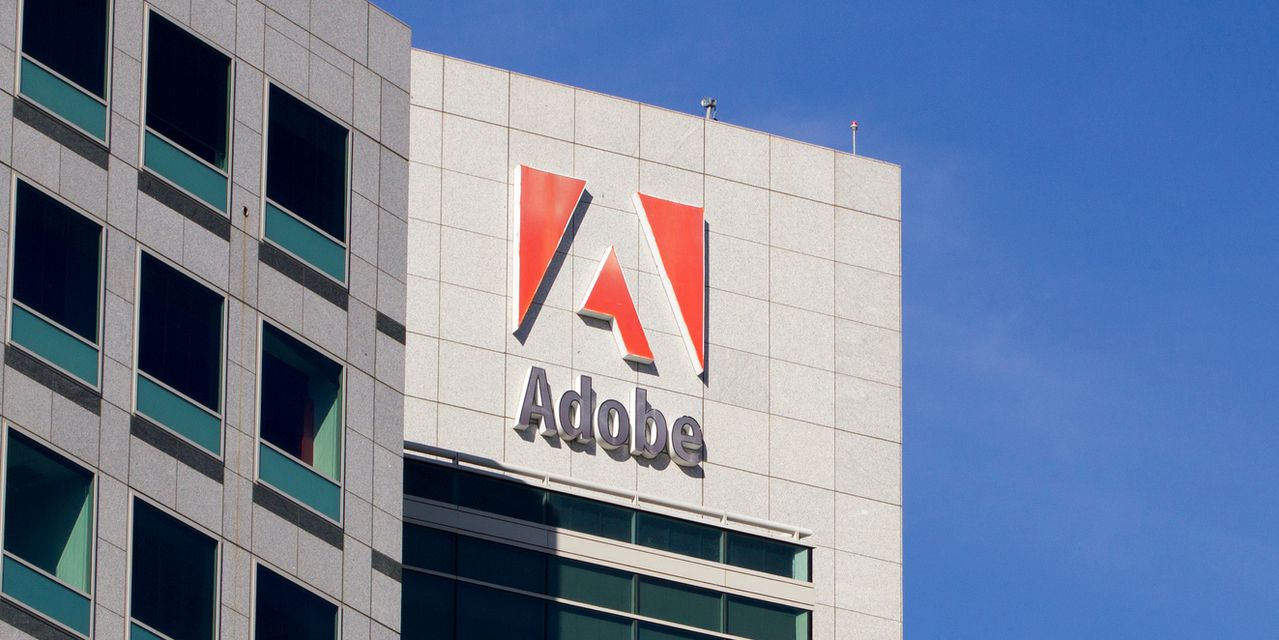Software stocks have a history of pulling back in the second half of the year before going on to outperform the S&P 500. So how should investors think about the latest dip in software shares?
Those willing to take a six- to nine-month view should “embrace the suck,” according to Evercore ISI analyst Kirk Materne — and perhaps be a bit more selective than historical trends would suggest.
The iShares Expanded Tech-Software Sector ETF
IGV
has declined 7% from its mid-July peak, and Materne thinks “this pullback is similar to other [second-half] pullbacks in that investors are taking profits in the face of macro uncertainty (sensible) and we won’t have a great read on IT spending budgets for another 30-60 days.”
Still, there are perhaps some differences between the current selloff and historical ones. “As compared to prior pullbacks, the 10-year [Treasury] at ~4.7% changes the dynamic in that profitability and positive cash flow is now a pre-requisite (vs. growth at all costs) and the ‘platforms’ are materially advantaged vs. smaller vendors as it relates to providing a [free-cash-flow] backstop,” Materne said.
For those reasons, Materne is more partial to larger software names that could be better positioned for outperformance when the category recovers. He calls out Adobe Inc.
ADBE,
Microsoft Corp.
MSFT,
Intuit Inc.
INTU,
and Palo Alto Networks Inc.
PANW,
as potential winners in that grouping.
Other software stocks that could outperform include CrowdStrike Holdings Inc.
CRWD,
Snowflake Inc.
SNOW,
and HubSpot Inc.
HUBS,
— “a select group of growth names that are at scale” and sporting positive free cash flow.
One question that remains is whether software stocks have stopped falling.
“When looking at this year’s pullback in software vs. prior years you can see that it is less severe and accordingly, we may not be out of the woods quite yet,” Materne said in his report. “However, we believe that profitability across the space is also materially higher, and valuations are still below pre-COVID levels for many software stocks so the fundamental foundation for the group is also better today vs. prior years.”
Further, Materne’s recent industry conversations with partners indicate a “stable” spending environment, though admittedly one that’s not “materially improving yet.” And software companies could start to better monetize generative artificial intelligence in the second half of next year and into 2025.
Read the full article here










